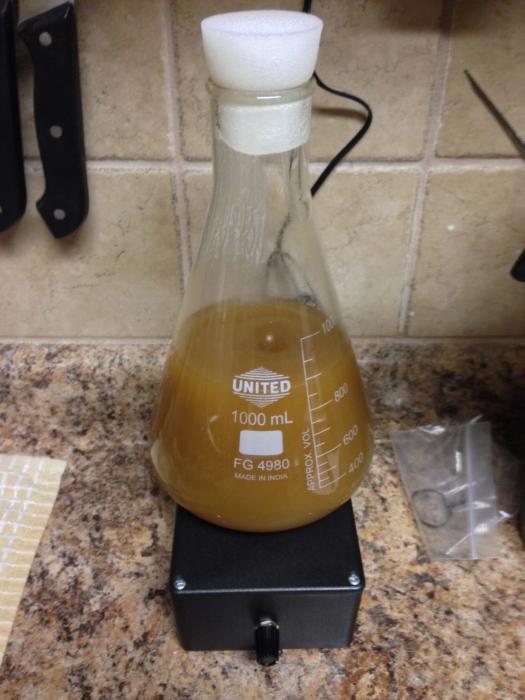I wouldn't say it's better to overpitch than underpitch. I would say that lower pitching rates are riskier and more likely to have negative effects than higher pitching rates. Some folks are completely gung-ho about always using 0.75 million cells per milliliter per degree Plato for an ale, or 1.5 million cells/ml/°P for a lager, or simply using 1 million cells/ml/°P all around.
Me? I like to think of pitching rate as a variable that can be adjusted, just like mash temp, or even better, mash pH. Go too far one way or the other, and you have potentially major problems, just like mash temp or pH. Or like pH, there's some baseline numbers that will work for everything (the pitching rates above), but slight tweaks in the pH up or down can have subtle but noticeable effects on the beer.
As such, I typically pitch higher for cleaner beers to suppress esters, but for yeast-forward beers (English, Belgian, and Weizen styles), I find that the accepted 0.75 mil cells/ml/°P ale pitching rate (the rate that Mr. Malty goes by) is too high to coax the esters I want out of the yeasts. By reducing the rate down to 0.5 mil, or even 0.375 mil, I get much more yeast character. I wouldn't go lower than that though.









![Craft A Brew - Safale S-04 Dry Yeast - Fermentis - English Ale Dry Yeast - For English and American Ales and Hard Apple Ciders - Ingredients for Home Brewing - Beer Making Supplies - [1 Pack]](https://m.media-amazon.com/images/I/41fVGNh6JfL._SL500_.jpg)
















































